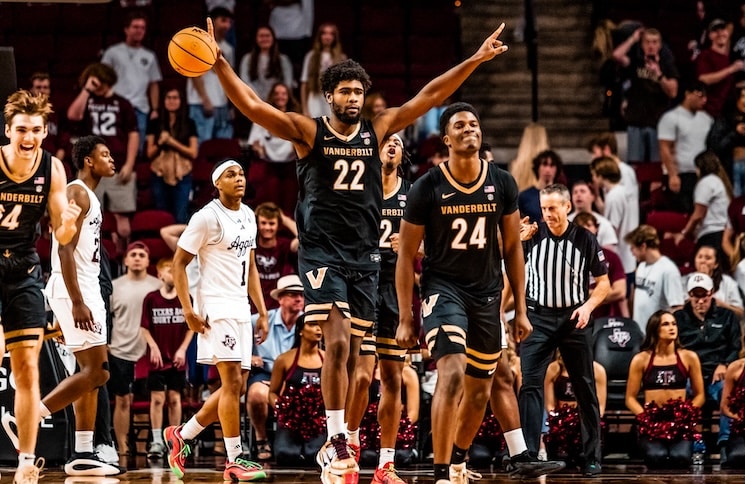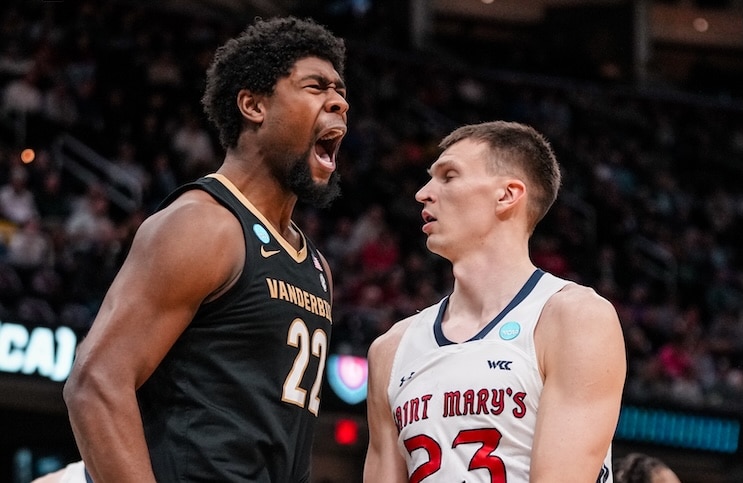Wide Receiver
Jauan Jennings is the undoubted starter for this unit. Jennings burst onto the scene as a sophomore last year, catching 40 passes for 580 yards and seven touchdowns. Jennings made some of the biggest plays of Tennessee’s season last year, hauling in a 67-yard touchdown against Florida (famously burning the Gators’ Jalen Tabor in the process) and catching the game-winning Hail Mary against Georgia.
Jennings’ counterpart, Josh Malone, left early for the NFL Draft and was taken in the fourth round by the Cincinnati Bengals. Aside from redshirt senior Josh Smith, who is dealing with yet another injury, Jennings is the most experienced receiver in the group, and he will be counted on to be the leader of Tennessee’s pass catchers this season.
But just who are those other receivers? Who will step up to be the No. 2 option behind Jennings? And who will fill in the all-important position of slot receiver in Tennessee’s offense?
The Vols have many options to help Jennings out this season. The aforementioned Smith is one option, but the rest of the receivers on the roster have little to no college experience.
Tennessee has redshirst senior Jeff George (who caught one pass for 20 yards last season), sophomore Brandon Johnson, sophomore Marquez Callaway, sophomore Tyler Byrd, and redshirt freshman Latrell Williams currently on the roster. Those five receivers combined for 24 receptions for 335 yards and no touchdowns. And the majority of that production came from Tyler Byrd (15 receptions for 209 yards).
The Vols also have freshmen Josh Palmer, Jordan Murphy, and Jacquez Jones coming in the fall. Receiver Princeton Fant is blueshirting and will not be eligible to play this fall.
With a bunch of sophomores and a redshirt freshmen competing for playing time, don’t expect the Vols to nail down the starters at the No. 2 spot and at the slot position right away. Josh Smith and Jeff George will likely play a role in the rotation, but these spots will likely be occupied by younger, more athletic receivers as the season goes on.
Because of his usage last season, Tyler Byrd is likely the favorite to land one of the open spots. Brandon Johnson came on late in the season, and coaches like what they’ve seen from Latrell Williams this offseason despite redshirting with injury last year. Williams has the speed and size Butch Jones values in a slot receiver. Don’t count out Marquez Callaway, however. Callaway made strong contributions on special teams as a freshman last year, and he could be another candidate for the slot position.
It’s unknown what kind of talent and style the incoming freshmen have, but expect at least one of them to find the field this fall and catch a pass here and there.
Depending on how different new offensive coordinator Larry Scott’s scheme is from Mike DeBord’s, the Vols could use more two and three receiver sets with a tight end or could still use a significant amount of four receiver sets with no tight end. But with how Tennessee’s general offense is designed, there will likely be three starting receivers and a starting tight end regardless of the in-game scheme adjustments.
Jauan Jennings for sure has the No. 1 receiver spot nailed down. But who will support him? Unless Josh Smith or Jeff George have a phenomenal fall, it will likely be young receivers with one or no years of collegiate experience who help Jennings this season.
The upside is there for Tennessee’s receiver unit, but the production isn’t. The Vols will likely be relying on unproven talent to catch passes this fall.




